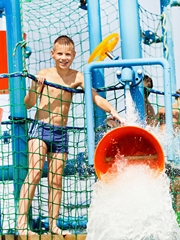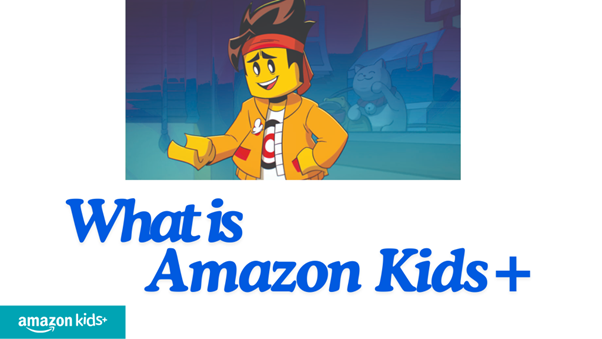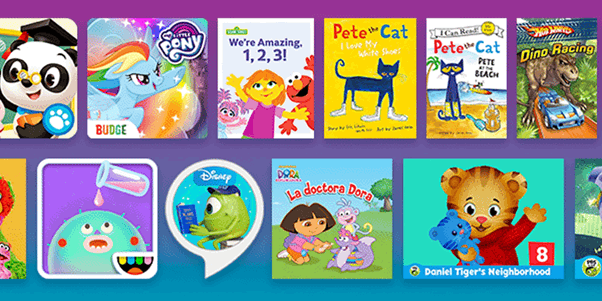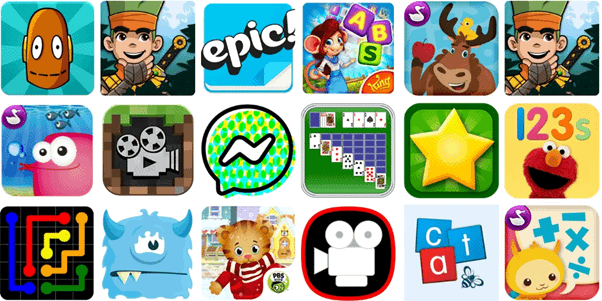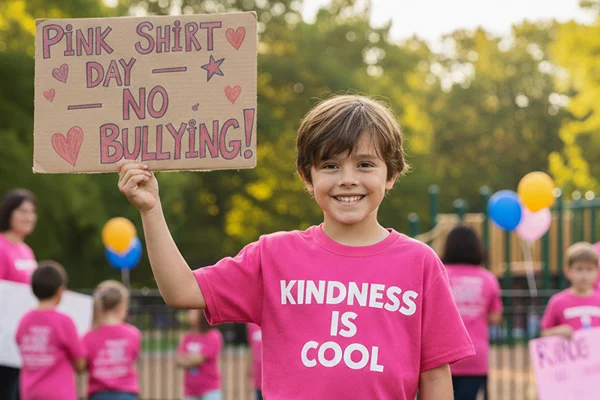Family-Friendly Activities to Take Advantage of Before School Starts
As the countdown to the new school year begins, there’s no better time to make the most of the remaining days of summer. Before the hustle and bustle of classes and homework take over, take advantage of some family-friendly activities to create memories your kids will gush about on the first day of school.
Here are some fun options to enjoy with your loved ones before the first school bell rings.
1. Cool Down at a Water Park
Water parks offer a fantastic way to beat the summer heat and have a blast with the family. With thrilling slides, lazy rivers, and wave pools, there’s something for everyone to enjoy. Look for a water park near you that has sections dedicated to younger children to make sure they have safe and enjoyable attractions tailored to their age group. Don’t forget to pack sunscreen, hats, and plenty of water to stay hydrated throughout the day.
2. Hike and Picnic in Nature
Enjoy the warm weather and connect with Mother Nature by hiking some local trails. Nature treks are a great way to learn about local wildlife, enjoy the great outdoors, and get some exercise. Bring a picnic for after your hike when you’ve all had a chance to work up an appetite. Pick a quiet location where you can unwind, eat, and talk about everything you saw while hiking. This is a great way for families to spend quality time together while also encouraging an active lifestyle.
3. Visit a Local Zoo or Aquarium
Zoos and aquariums are excellent places to take the whole family for a day of fun and learning. Watching the animals in their natural habitats and discovering the wonders of marine life can captivate both kids and grown-ups. Many of these places have interactive exhibits and entertaining shows that make the experience even more exciting and educational. A little tip: plan to go early in the day to beat the crowds and get the most out of your visit.
4. Have Fun with DIY Outdoor Games
Transform your backyard into a fun zone with DIY outdoor games. Create a mini obstacle course, play beach ball bowling, or have a water balloon fight. You can also make your own lawn games like cornhole, giant Jenga, limbo under the water sprinkler, or ring toss. These activities encourage creativity, teamwork, and physical activity while providing endless entertainment. Plus, they’re a great way to keep kids active and engaged close to home.
5. Horseback Riding
For a unique way to explore the local landscape, consider booking a guided trail ride at a nearby stable. Many local equestrian centers offer family-oriented horseback riding sessions that cater to all skill levels, providing gentle horses and expert instructors to ensure everyone feels confident in the saddle. It’s a wonderful opportunity for children and adults alike to bond with these majestic animals while enjoying a peaceful, scenic pace through nature.
6. Enjoy a Day at the Beach
A day at the beach is a classic summer activity that never gets old. Build sandcastles, play beach volleyball, or simply relax by the water. If your family enjoys water sports, consider renting paddleboards or kayaks for some added adventure. Bring along a beach umbrella, snacks, and plenty of water to stay comfortable and hydrated throughout the day. Watching the sunset together can be a perfect ending to a fun-filled beach day.
7. Plan a Family Camping Trip
Camping as a family allows you to disconnect from technology and reconnect with each other. Whether you prefer tent camping, RV camping, or even renting a cabin, spending time in the great outdoors offers countless benefits. Activities like fishing, hiking, stargazing, and roasting marshmallows over a campfire create unforgettable family moments. Choose a campsite that offers amenities and activities suited to your family’s interests and experience level. At the very least, you can set up a tent so kids can go camping in the backyard.
8. Visit an Amusement Park
From roller coasters to carnival games, there’s something for everyone at amusement parks. Research parks in your area or consider making a short road trip to visit a renowned amusement park. To make the most of your visit, arrive early, plan your day around the park’s map, and take breaks to avoid exhaustion. End the day with a family favorite ride or treat to cap off the experience.
9. Explore Local Museums
For a mix of education and entertainment, visit your local museums and cultural centers. Many museums offer hands-on exhibits and activities designed for children. Whether your family is interested in art, history, science, or natural history, there’s likely a museum nearby that can provide an engaging and educational experience. Check if the museum offers special family programs or tours to enhance your visit.
10. Have a Backyard Movie Night
Create a magical movie night under the stars in your own backyard. Set up a projector and a screen (or a white sheet), arrange cozy seating with blankets and pillows, and prepare a selection of your family’s favorite movies. Don’t forget the popcorn, snacks, and drinks! This activity is a perfect way to enjoy a relaxing evening together, and it can easily become a cherished end-of-summer tradition.
11. Take a Day Trip to a Nearby City or Attraction
If you’re looking for a change of scenery, consider taking a day trip to a nearby city or attraction. Explore a new area, visit interesting landmarks, and try local cuisine. Day trips can be a refreshing way to break the routine and experience something new without the need for extensive planning or overnight stays. Research attractions that are family-friendly and plan your itinerary to make the most of your day.
By taking advantage of these fun activities, you can make a treasure trove of summer memories and ensure that the whole family is recharged and ready for the school year ahead. Whether you’re splashing at a waterpark or enjoying a quiet evening with a backyard movie, this quality time will be cherished long after the summer sun has set.bodymind.com

